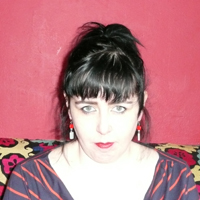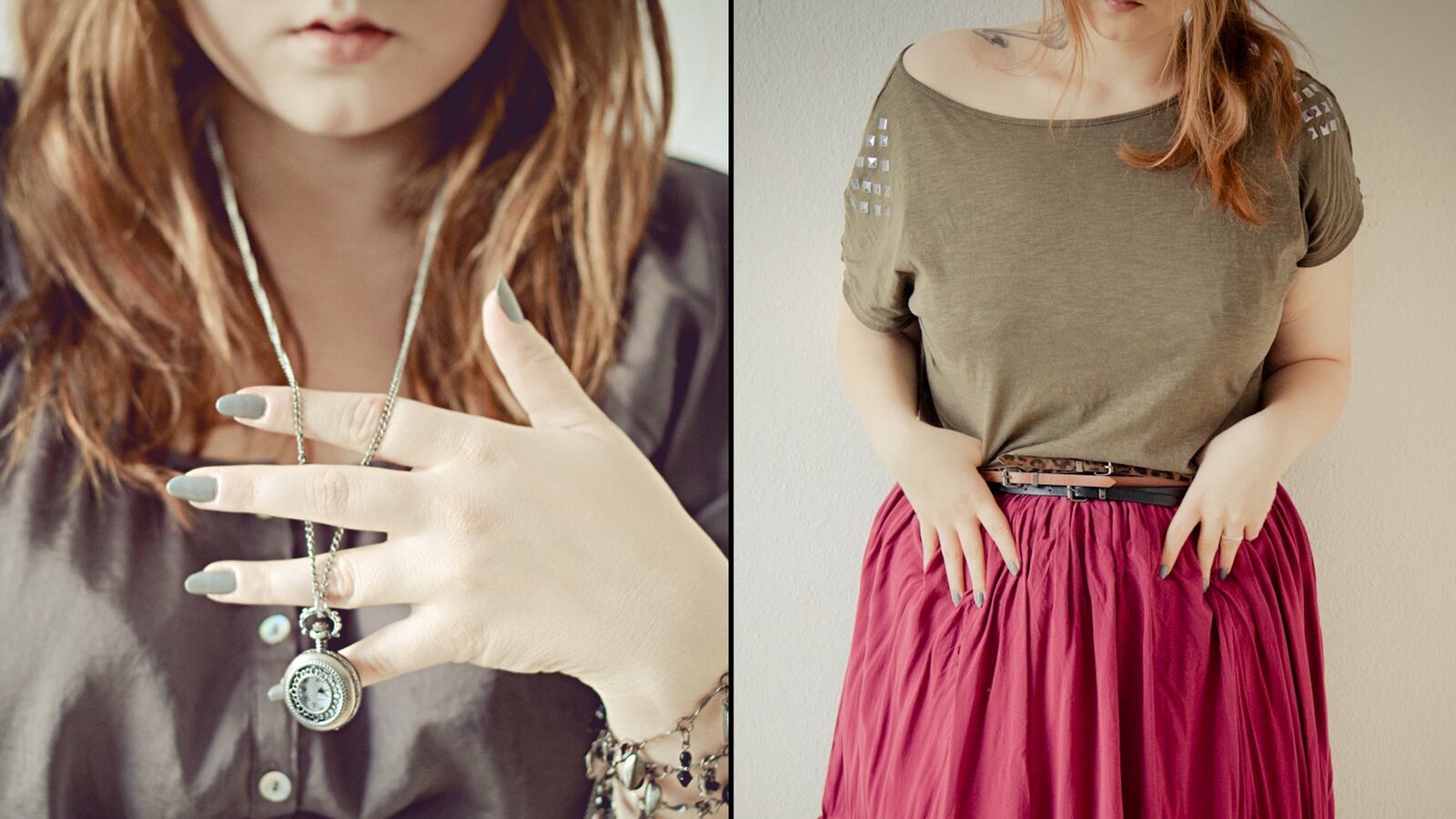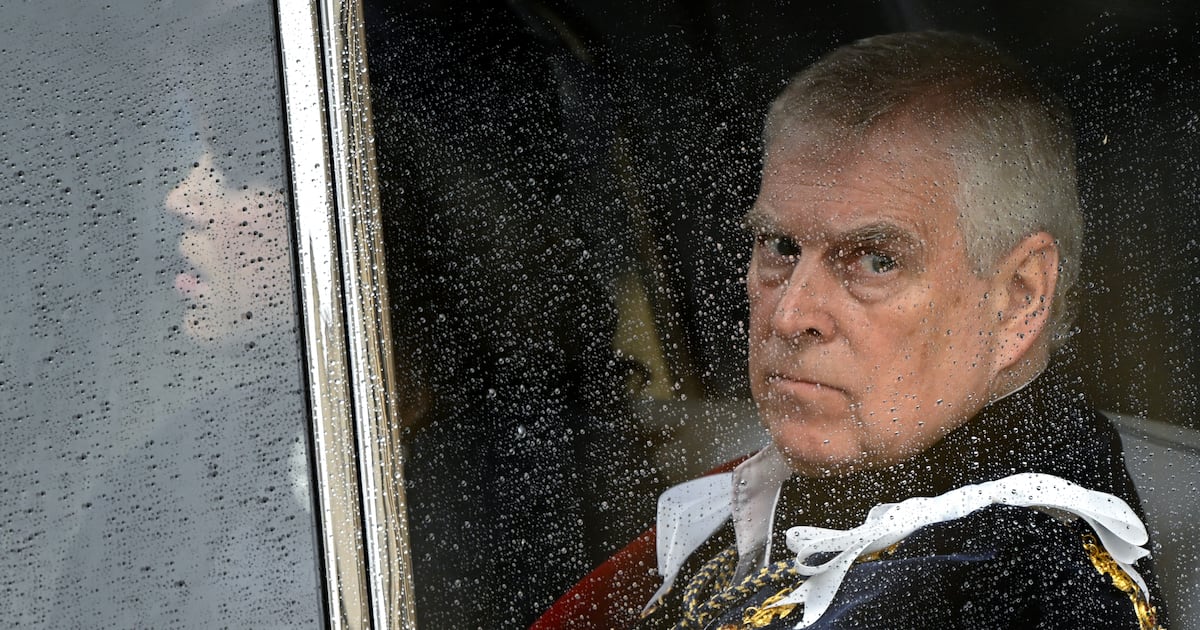This story was produced in partnership with Storyboard, Tumblr’s home for original journalism.

Short of having a bucket of blood dumped over your head at prom, few things compare to the humiliation of being the only customer browsing the racks of an overpriced East Village lingerie store and hearing the painfully chic saleswoman—who’d only begrudgingly buzzed you in the first place—loudly proclaim, “I wish people would realize we don’t stock sizes larger than a medium.”
Luckily, anyone who’s ever attempted to shop at a schmancy boutique in a body that’s larger than a size 10 already knows that buying big-girl garb requires a skin that’s nearly as thick as your waistline. Fat-loathing is the last acceptable prejudice, and nowhere is that more pronounced than in the world of fashion.
"I have a genuine hatred reserved for cut-out shoulders, drawstring waists, loud prints, cargo pants, waterfall cardigans and hanky hems," says 28-year-old British blogger Lauren Ding. “It’s so difficult to find something that is not only my style, but that fits well.”
Which may account for the recent explosion of “fatshion”—a popular tag on Tumblr used by hordes of plus-size bloggers. Until recently, fashion blogging had been the domain of pint-sized women. But sick of being ignored by fashion magazines and relegated to sack dresses with screeching prints, a growing number of women—unapologetically plump and tired of being treated like third-class citizens—are taking their musings online. They post OOTDs (outfits of the day) and ruminate on body positivity. Many of them, in backlash to the skinny models storming the runways of New York Fashion Week, have started calling this month "Fatshion February"—and are blogging aggressively in its honor.
“I treat blogging as a form of therapy," says Meg Pronko, a blogger from the Netherlands who posts photos of herself in varying outfits as a way to "get at ease with your body and accept it." "I reject the notion that since you are fat, you are condemned to wear unattractive clothing.”
Unlike “thinspiration” blogs that feature aspirational photos of the scary-skinny, fatshion blogs use their authors as models. With titles like Fatty Unbound, Fat Shopaholic, FuckYeahChubbyFashion, In the Thick of It— along with Pronto's own Fatshion Daily—these women are reclaiming the word “fat” and hoping to remove at least some of its stigma. After all, we know the irony: despite more than 50 percent of American women being a size 14 and above, models, magazines and clothing stores remain the domain of the 00. Most stores rarely stock above a size 12.
But can't unabashed fat and fashion go together, too?
"Too often, we’re told that if you’re above a certain size you should dress to look slimmer and hide the bits you don't like," says Diane Dennis, of Fat Girls Like Nice Clothes Too. "I just [want] to say, ‘To hell with all that—I’m FAT! I like nice clothes and I’m not hiding from anyone.'”
They may not be changing the runways of Fashion Week just yet— Vogue’s yearly reluctant nod to “real” bodies in their “Shape” issue has never actually featured a plus-sized cover model—but the bloggers are working to create their own looks. Some host clothing swaps, whether in real life or online, while others have online stores. Some collaborate on resale blogs devoted to curvy customers (there’s Fatsale, FatshionXchange and even a Facebook page called FatToo where you can buy, sell, and trade clothing over a size 20).
Kirsty Fife, the blogmistress of Fatty Unbound, sells handmade circle skirts on Etsy while Nadia Aboulhosn hawks things she no longer wears. Aboulhosn, a blogger who burst on the scene after winning American Apparel’s XL model search, has used the traction she gained there to fulfill a longtime dream: creating her own plus-size fashion line. And Ding, the blogger from Britain, was was recently asked by U.K. plus-sized clothing line Simply Be to design an outfit for them. It's inspired by the women she sees on Tumblr who are "bright, brash, and brassy," she explains. "I wanted to make something that they could wear and kick ass in!”
It can be a slog, and yet, most of the women interviewed view blogging as a way to feel less isolated and build a sense of community. “The best part is the enormous outpouring from women who tell me how much I’ve helped them begin accepting themselves," says Aboulhosn. "That to me is the biggest life changer.”






